
Video Insights
Advertisement
Drs. Ahdoot and Yerram weigh how to approach tumors located in challenging areas, and the role of detrusor muscle sampling.
Drs. Ahdoot and Yerram discuss the fundamental reasons for adopting en bloc resection in bladder cancer surgery.
Dr. Miles highlights the dilemma of managing PC with BCR after prostatectomy but no visible disease on standard imaging.
Drs. Ahmed and Ciuro discuss the real-world quality-of-life improvements patients may experience after de-escalating therapy.
Drs. Ahmed and Ciuro explore the rationale and complexity behind treatment de-escalation in de novo oligometastatic HSPC.
Professor Bex discusses the phase II NEOAVAX trial that evaluated avelumab/axitinib as neoadjuvant therapy in localized RCC.
Drs. Packiam and Yerram conclude with an AI-powered pathology tool designed to predict response to BCG in NMIBC.
Drs. Packiam and Yerram shift focus to SunRISe-1 Cohort 4, which examined BCG-unresponsive papillary disease.
Drs. Packiam and Yerram contextualize recent data from the CREST trial, which evaluated sasanlimab with BCG for HR NMIBC.
Drs. Packiam and Yerram focus on how agents like gem/doce, pembro, nadofaragene, cretostimogene, and TAR-200 are used.
Drs. Packiam and Yerram discuss TAR-200 and the ongoing SunRISe-3 trial exploring its effectiveness amid BCG shortages.
Drs. Packiam and Yerram discuss the emergence of gem/doce as a promising alternative to BCG.
Dr. Flavell discusses how landmark studies have shaped current trial designs, and growing interest in combination therapies.
Dr. Flavell highlights the expansion of lutetium PSMA therapies into earlier disease settings: HSPC and oligometastatic PC.
Drs. Joyce and Jani look toward the future of liquid biopsy in RCC care and how new technology, like AI, will play a role.
Drs. Joyce and Jani discuss practical clinical cases of using liquid biopsy to manage patients in different RCC settings.
Drs. Joyce and Jani talk about the technique of liquid biopsy and its role as a diagnostic tool in RCC.
Drs. Swami and Ciuro discuss efforts to reduce disparities in the real-world application of mHSPC intensified therapy.
Dr. Attard explores how the study's results compare with prior data in the metastatic castration-resistant setting.
The Two Onc Docs review QOL related to doublet ADT with darolutamide, niraparib with abiraterone for mCSPC, and more.


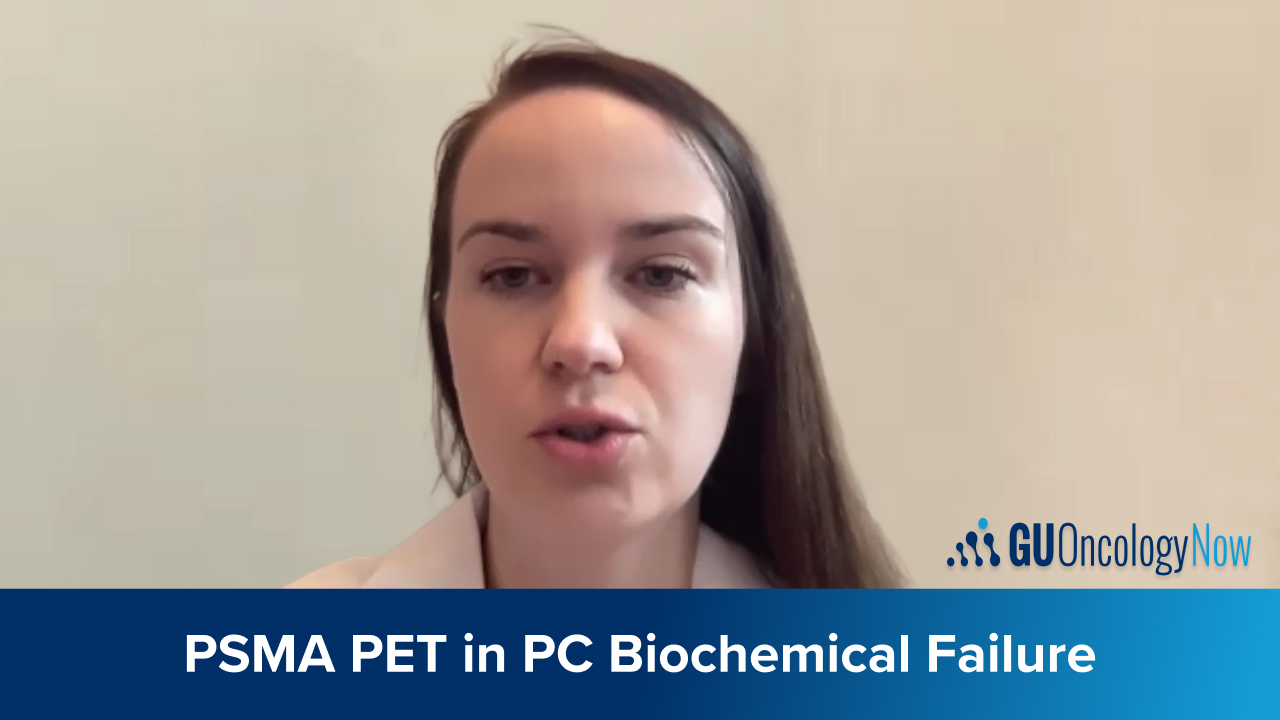


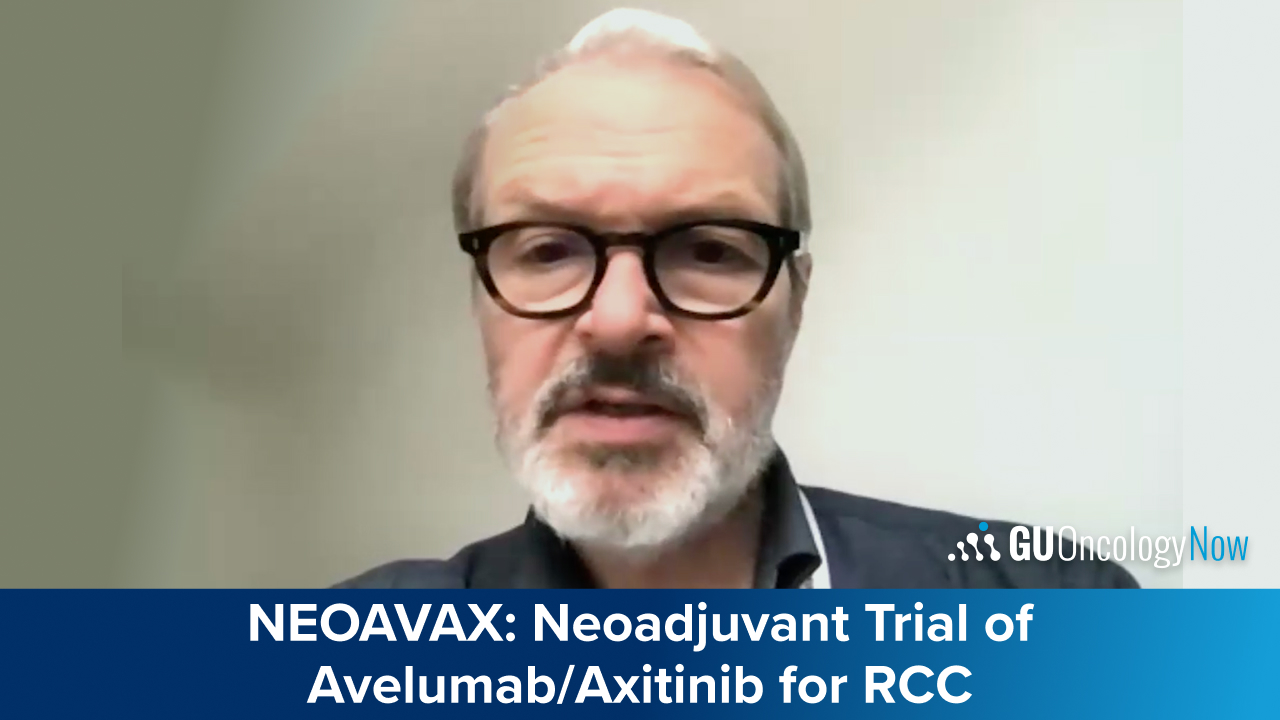
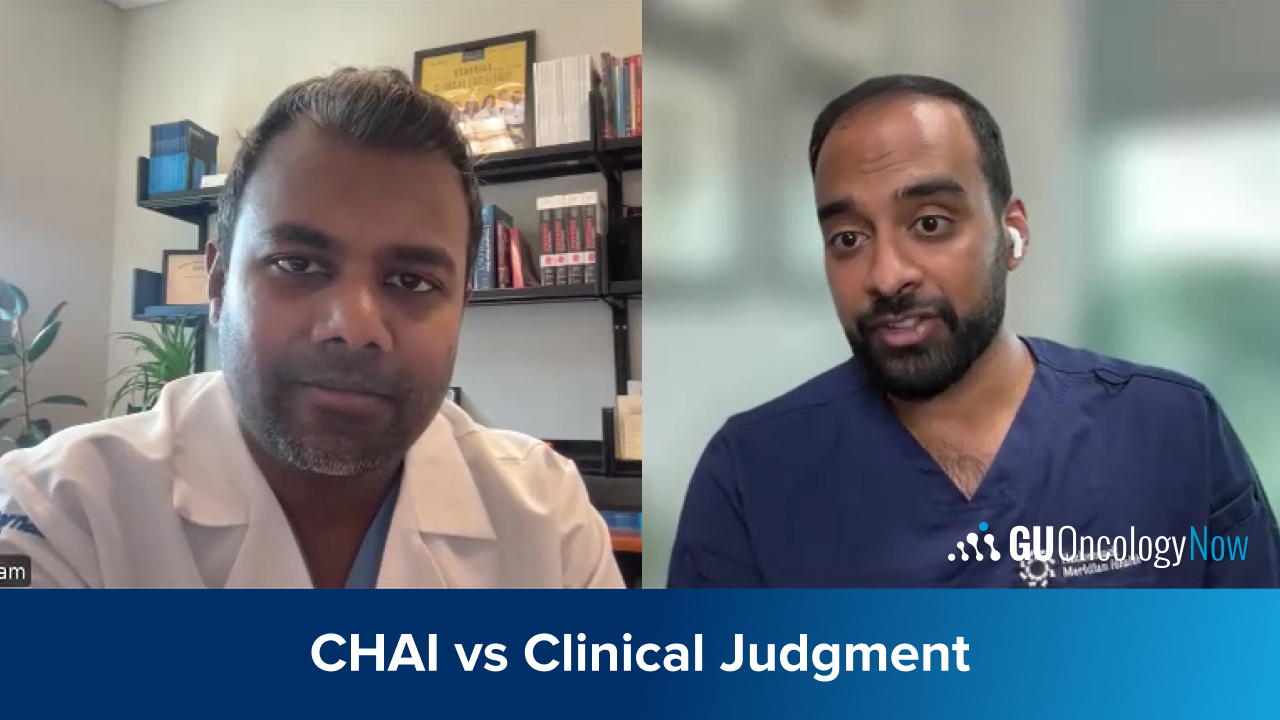

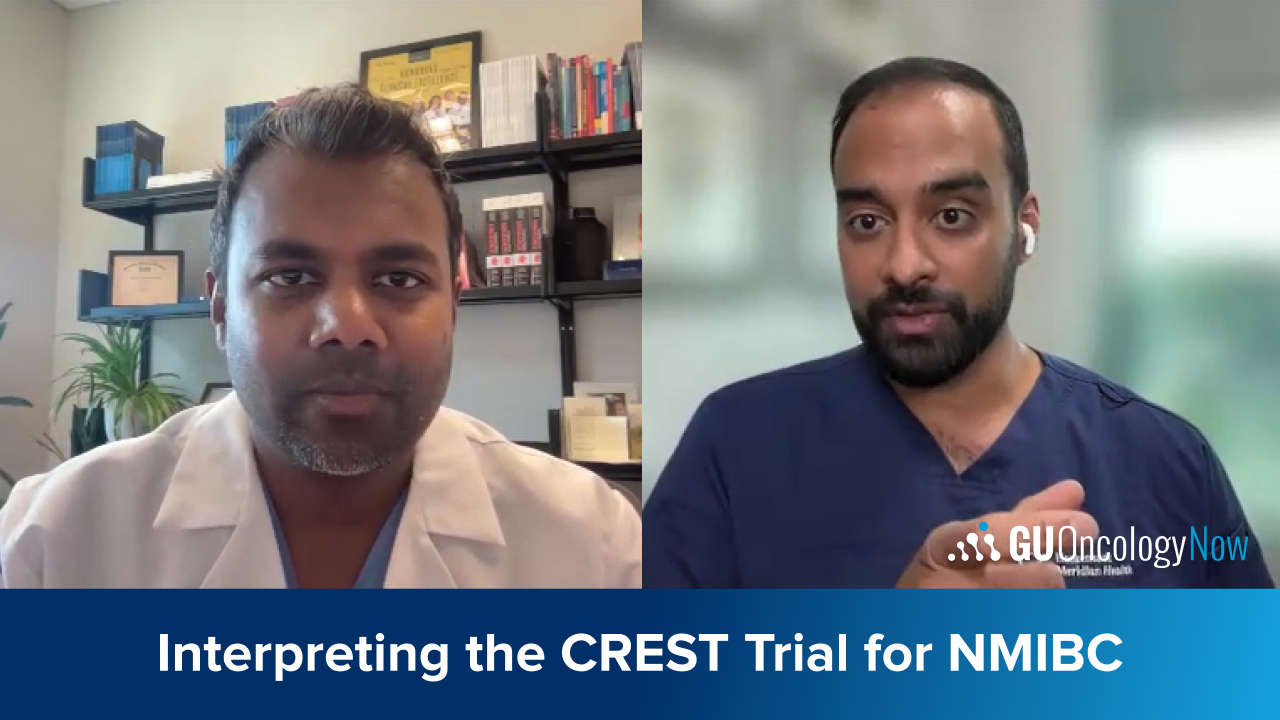
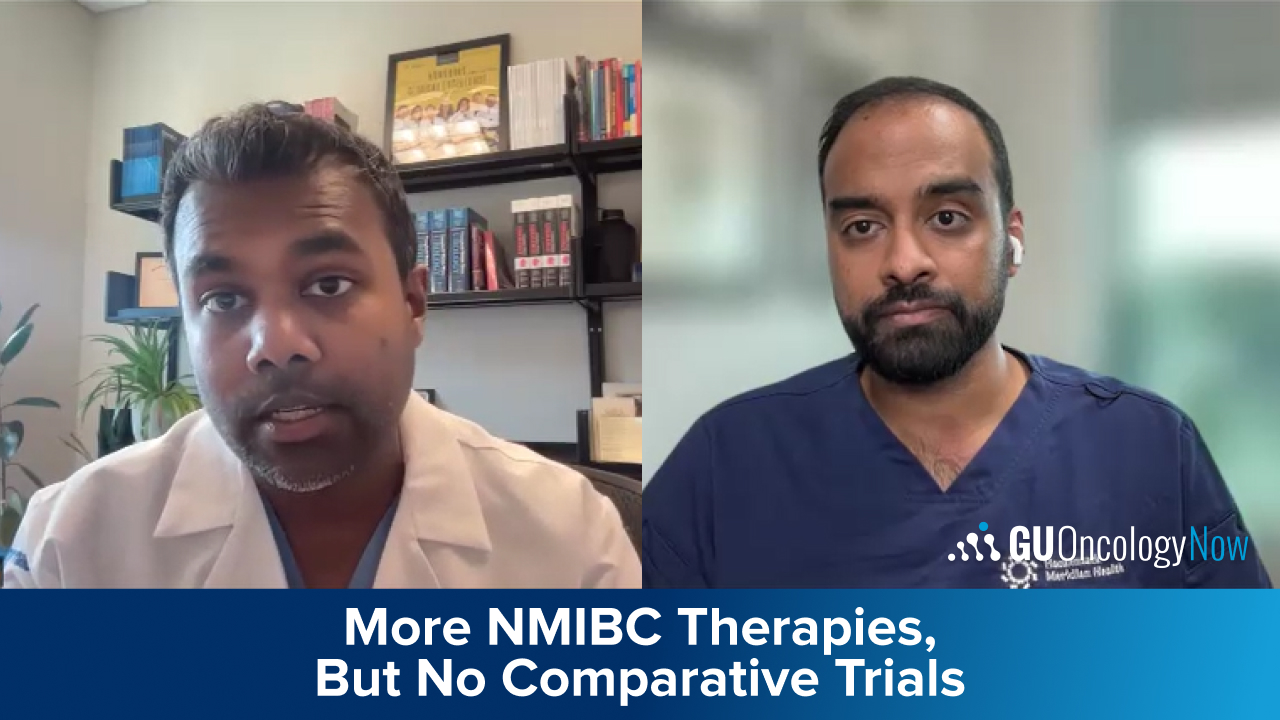



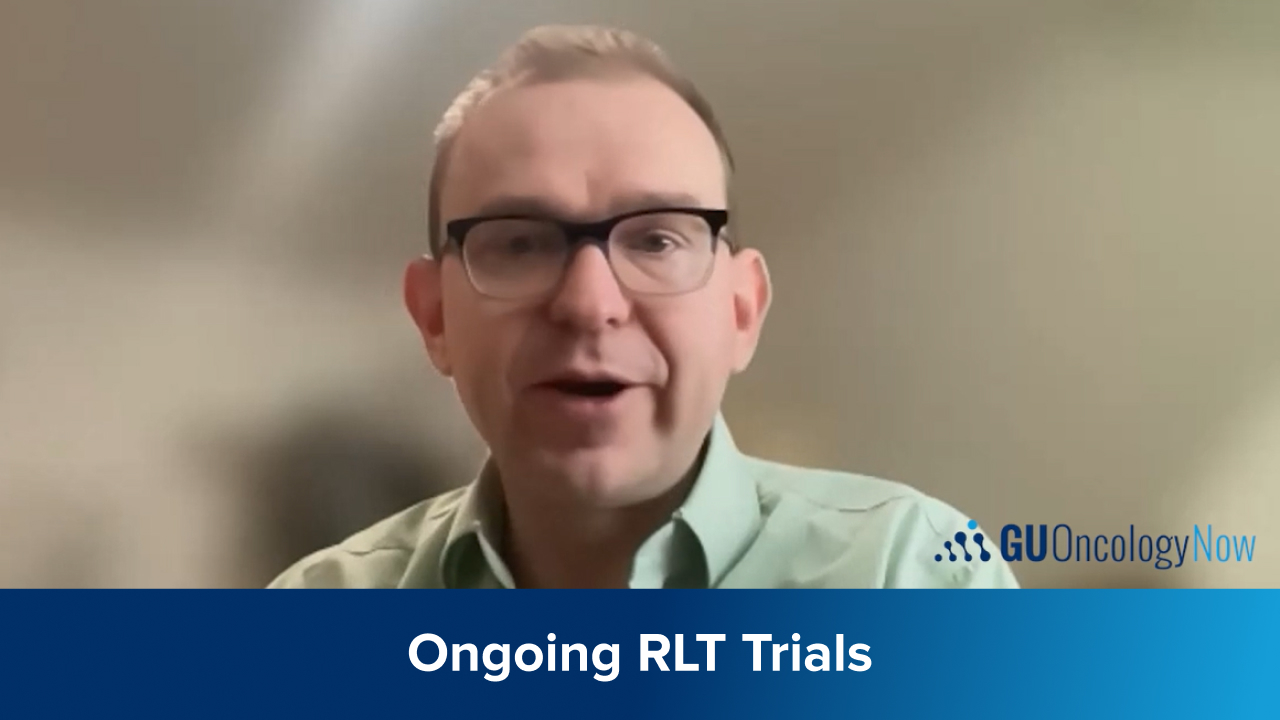




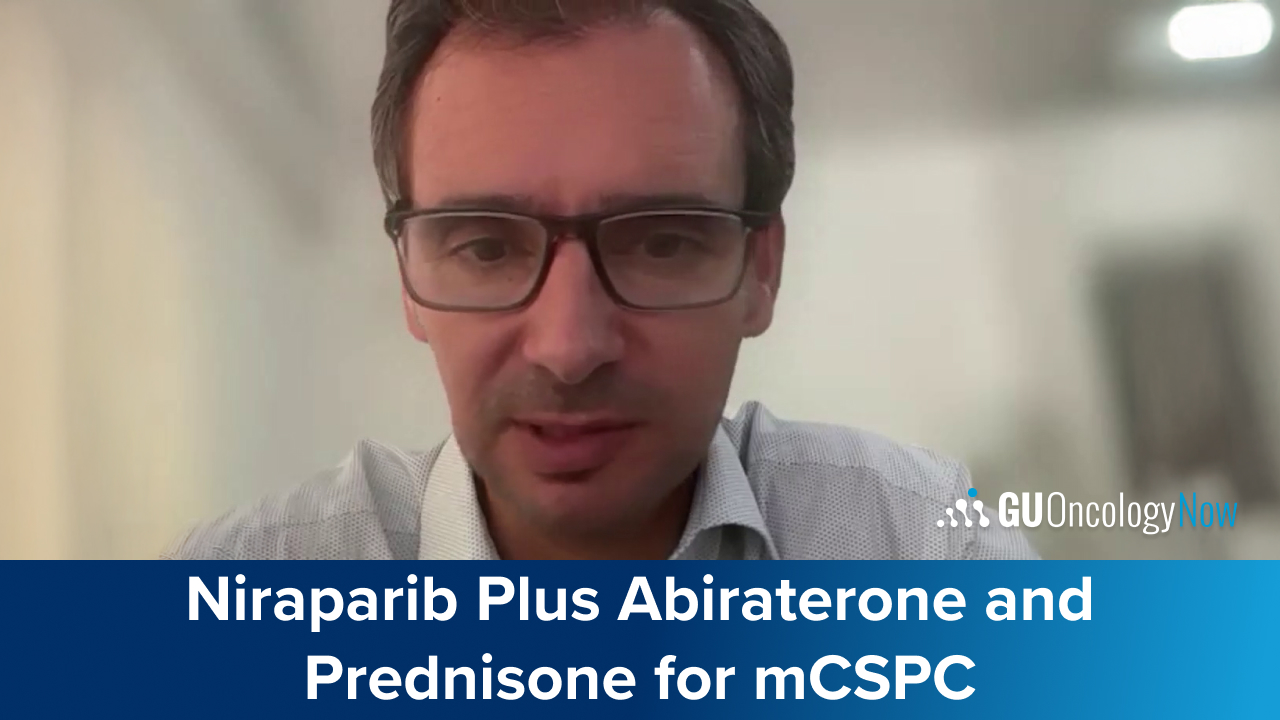


 © 2025 Mashup Media, LLC, a Formedics Property. All Rights Reserved.
© 2025 Mashup Media, LLC, a Formedics Property. All Rights Reserved.